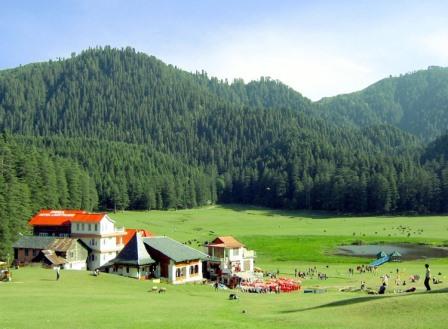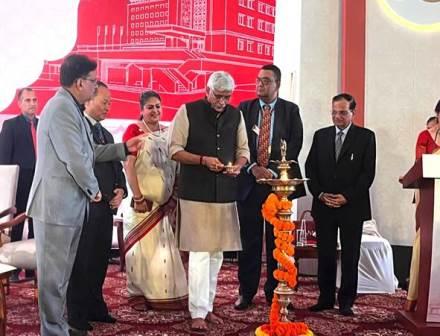Abdul Naseer
Jaipur
The tourism industry plays a significant role in the economy of Rajasthan, often referred to as the “Land of Kings” or the “Land of Royalty.” Rajasthan attracts millions of domestic and international tourists each year with its rich cultural heritage, majestic forts and palaces, vibrant festivals, and diverse landscapes. The impact of tourism on Rajasthan is multifaceted, contributing to economic growth, employment generation, infrastructure development, and cultural preservation.
- Economic Growth: Tourism is a major driver of economic growth in Rajasthan, contributing significantly to the state’s GDP. The influx of tourists brings revenue from various sources, including accommodation, transportation, dining, shopping, and entertainment. Additionally, tourism-related businesses such as travel agencies, tour operators, handicraft vendors, and souvenir shops thrive, further stimulating economic activity.
- Employment Generation: The tourism industry in Rajasthan is a significant source of employment, providing livelihoods to millions of people directly and indirectly. From hotel staff, tour guides, and drivers to artisans, performers, and restaurant workers, a wide range of jobs are created to meet the needs of tourists. The sector also generates employment opportunities in related industries such as hospitality, transportation, and retail.
- Infrastructure Development: To cater to the growing influx of tourists, Rajasthan has witnessed significant investments in infrastructure development. This includes the construction of hotels, resorts, guesthouses, restaurants, roads, airports, and tourist facilities. Infrastructure improvements not only enhance the visitor experience but also benefit local communities by improving connectivity and accessibility to remote areas.
- Cultural Preservation: Tourism plays a vital role in preserving Rajasthan’s rich cultural heritage and traditions. The state’s historic forts, palaces, temples, and monuments serve as living repositories of its glorious past, attracting tourists from around the world. By promoting cultural tourism and heritage conservation initiatives, Rajasthan can ensure the preservation of its cultural identity for future generations.
- Promotion of Arts and Crafts: Rajasthan is renowned for its vibrant arts and crafts, including handloom textiles, pottery, jewelry, and miniature paintings. Tourism provides a platform for local artisans to showcase their craftsmanship and traditional skills, promoting cultural exchange and economic empowerment. Tourists often purchase locally made handicrafts as souvenirs, supporting the livelihoods of artisans and sustaining traditional crafts.
- Environmental Conservation: Sustainable tourism practices are essential for preserving Rajasthan’s fragile ecosystems and biodiversity. Efforts are being made to promote eco-friendly tourism initiatives, such as wildlife safaris, nature walks, and conservation projects. By raising awareness about environmental conservation and supporting sustainable tourism practices, Rajasthan can protect its natural resources and promote responsible tourism.
In conclusion, the tourism industry has a profound impact on Rajasthan’s economy, society, and culture. By harnessing the potential of tourism sustainably and inclusively, Rajasthan can continue to benefit from its rich heritage while ensuring the well-being of its people and the preservation of its natural and cultural assets for generations to come.











